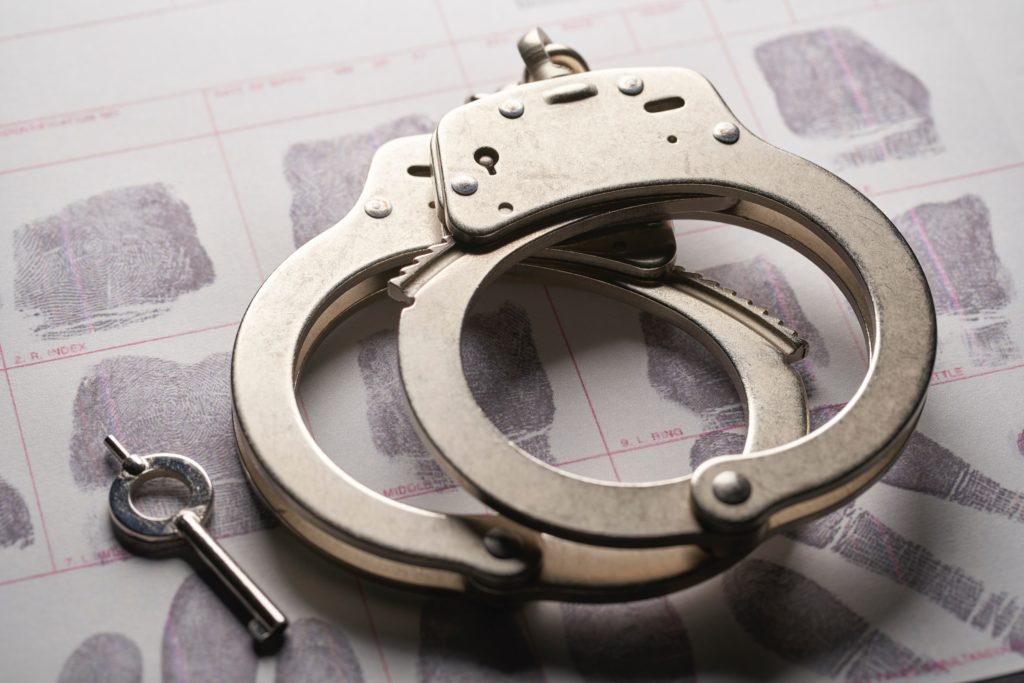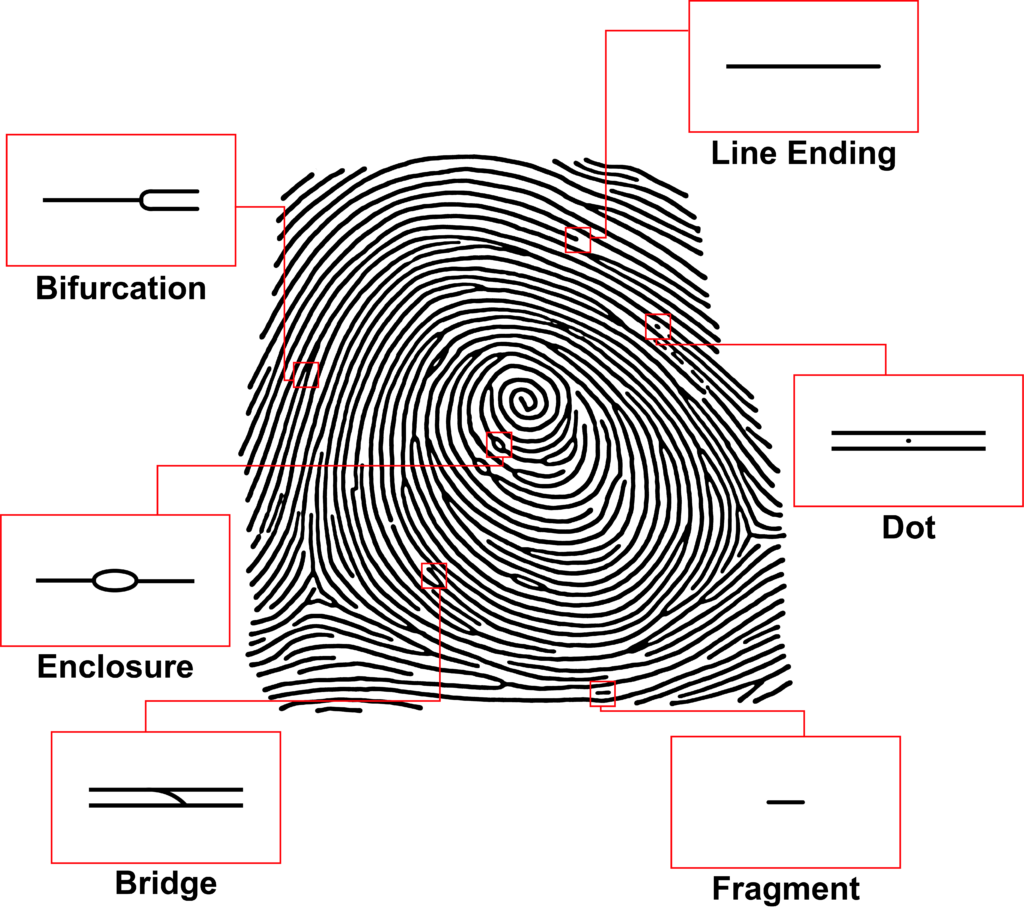decision-making
How can psychology maximise the accuracy of forensic science?
How can psychology maximise the accuracy of forensic science?

Emerging research over the last decade has shed light on the risk of error in forensic science. Research from the Evidence-Based Justice Lab at the University of Exeter aims to help tackle this issue by drawing on cognitive psychological research to develop training programmes and selection tools to maximise accuracy and reduce errors in forensic science.
One of these errors can be seen in the case of Shirley McKie: a Scottish police detective accused of leaving her fingerprint at the scene of a murder. Despite denying ever having entered the crime scene, Ms McKie was arrested and charged with perjury. But it was later revealed that the fingerprint examiners originally involved with the case had made a substantial error: the fingerprint at the crime scene never belonged to Ms McKie – who avoided up to eight years in jail on the charges and was later awarded £750,000 in compensation.
So how can these kinds of errors be avoided in the future?
We know that forensic examiners do make errors. Accuracy levels differ between individual decision-makers and between different forensic disciplines – accuracy can range from approximately 90% in some disciplines to only 65% in others. However, these kinds of errors can be reduced by using scientific methods to improve overall professional accuracy. This is generally attempted via training but unfortunately, there is not a lot of published data that shows whether or not this helps. Some research even shows the opposite and suggests that some forensic training programmes don’t generally improve short-term accuracy.
In order to develop effective training programmes to improve accuracy, we need to understand what goes on inside practitioners’ heads when they make accurate decisions. What is it that makes them experts compared to the average person? There are different perceptual and cognitive processes that examiners use when they perform their work – but we don’t yet know much about these. And understanding how examiners make accurate decisions will be crucial to developing programs that could train other practitioners to use these same processes to increase their own accuracy.
So what kind of processes do practitioners use in their work?
My research has shown that examiners use a whole host of different psychological processes. One of these is called featural processing and a practitioners’ ability to break images down into small parts and compare these parts separate to the ‘holistic’ image. For example, a facial examiner who looks at passport images to detect fraud might break down two faces images into separate parts (e.g. eyes, nose, ears, mouth) and then compare these separately between the two images. Breaking the image down into separate pieces can help an examiner take their time and properly look at which parts of the face might look similar or dissimilar in order to help them decide if they are of the same or different people.
Another process is called statistical learning and is a practitioners’ ability to learn how often features occur in forensic evidence and then use this information to help decide how likely it is two samples are from the same person or different people. For example, fingerprint examiners might learn over some time that certain fingerprint features (e.g. ‘bridges’) are rarer than other fingerprint features (e.g. ‘bifurcations.’). As rarer features are shared between fewer people in the general population, if a fingerprint examiner saw two similar-looking ‘bridges’ in two fingerprints, those two fingerprints would be more likely to be from the same person than if they shared a more common feature.

So where do we go from here?
These are just some of the cognitive and perceptual processes that help examiners in their work. But we must understand more about them in order to develop scientifically-based training programs to improve expert performance. When we understand how practitioners make accurate decisions, we can then use this information to train other practitioners to increase their own accuracy. These training programmes would be even more important for new forensic trainees to help fast-track their expertise. Eventually, this sort of research could even be used to design selection tools to recruit new forensic practitioners on the basis of high-performers on skills we know are important in forensic science.
If you’re interested in learning more about this, please feel free to take part in our latest study run by the University of Exeter and Arizona State University investigating how training could improve performance in fingerprint-matching tasks. We are recruiting fingerprint examiners and anyone else that might want to be in with a chance to win a USD$500 VISA gift-card!
